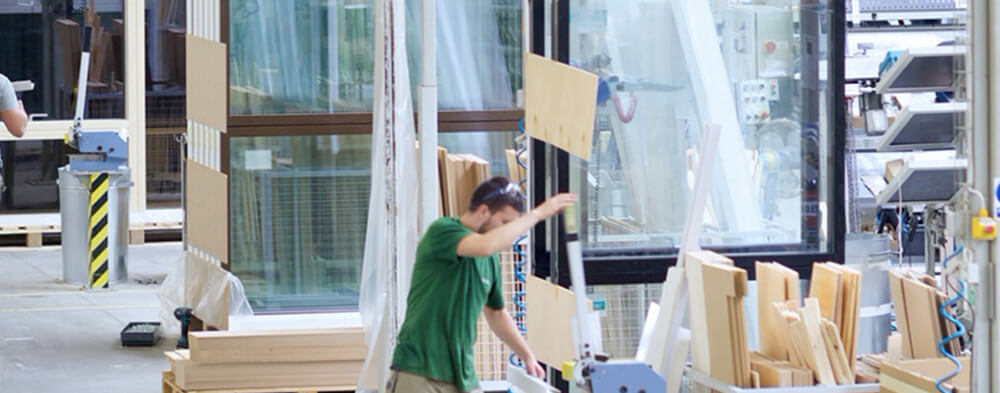A lean transformation can move quickly. Rapid plan-do-check-act (PDCA) cycles accelerate lean adoption, operational agility, and productivity gains at a massive window manufacturing complex in Poland.
The eight plants in Dovista Polska’s Window Village make custom-order windows and doors exported to homes and commercial buildings in the United Kingdom, Germany, Denmark and other Scandinavian countries. The Dovista Window Village site leaders decided to start the improvement initiative in the T4 factory because productivity was languishing at 60% of the engineering standard.
Following the two-week diagnostic and management’s approval of the improvement plan, TBM's European team began working with the T4 production teams at the end of February 2020. This was just weeks before most European countries mandated economic lockdowns to control COVID-19 outbreaks. Although the gates were closed to nonessential contractors, company leaders gave special permission for TBM to enter because this project was a strategic business priority.
Challenge: Despite modern facilities and state-of-the-art equipment, the sites needed to dramatically improve efficiency.
The production lines in Dovista’s modern, well-lit facilities are highly flexible and engineered to manufacture many different-sized windows and doors, all of which are made-to-order.
We identified improvement opportunities during the diagnostic, which included scheduling inefficiencies, time spent moving around work-in-process trollies to find the right parts, and a variety of other issues that were impeding workflow and undermining productivity. Some workers were overburdened and rushing to get their work done while others were standing around waiting.
Solution: We recommended a range of lean practices that would improve workflow and have an immediate impact on operational agility and productivity, including standard work, adherence to takt time, balanced work cells, visual management, revamped material replenishment processes and leader standard work.
Our initial priorities included:
- Changing the machine shop layout to support an effective pull system
- Balancing operator loading on assembly lines to takt time
- Better production scheduling to bring all parts together at the same time
- Implementing 5S and other visual management practices
- Streamlining material replenishment processes
- Establishing standard work for all key operations
- Introduction of leader standard work to improve management discipline and maintain progress
Results: Process changes and a 28% productivity increase in the paint shop had an immediate impact on downstream processes and operational agility. The first two factories achieved 30% productivity improvements, contributing to a sitewide gain of 15% this year.
TBM’s engagement with Dovista began in January 2020, gathered momentum during European lockdowns, and continues to expand.
The approach and progress in T4 has served as model for rollouts in other facilities in Window Village. Adherence to the rolling takt time on the T4 paint line reduced cycle times by 18% and improved daily productivity of windows and doors per day by 12%.
Other floor-level results include:
- 20% reduction of non-value-added activity in assembly, freeing up capacity to meet increased customer demand
- 15% productivity increase in wood machining department
- Increased direct packing of orders at the end of the line (20% to 70%)
- 30% productivity improvement in the first three plants, and a sitewide 15% improvement
Download the case study PDF to read the full story.

